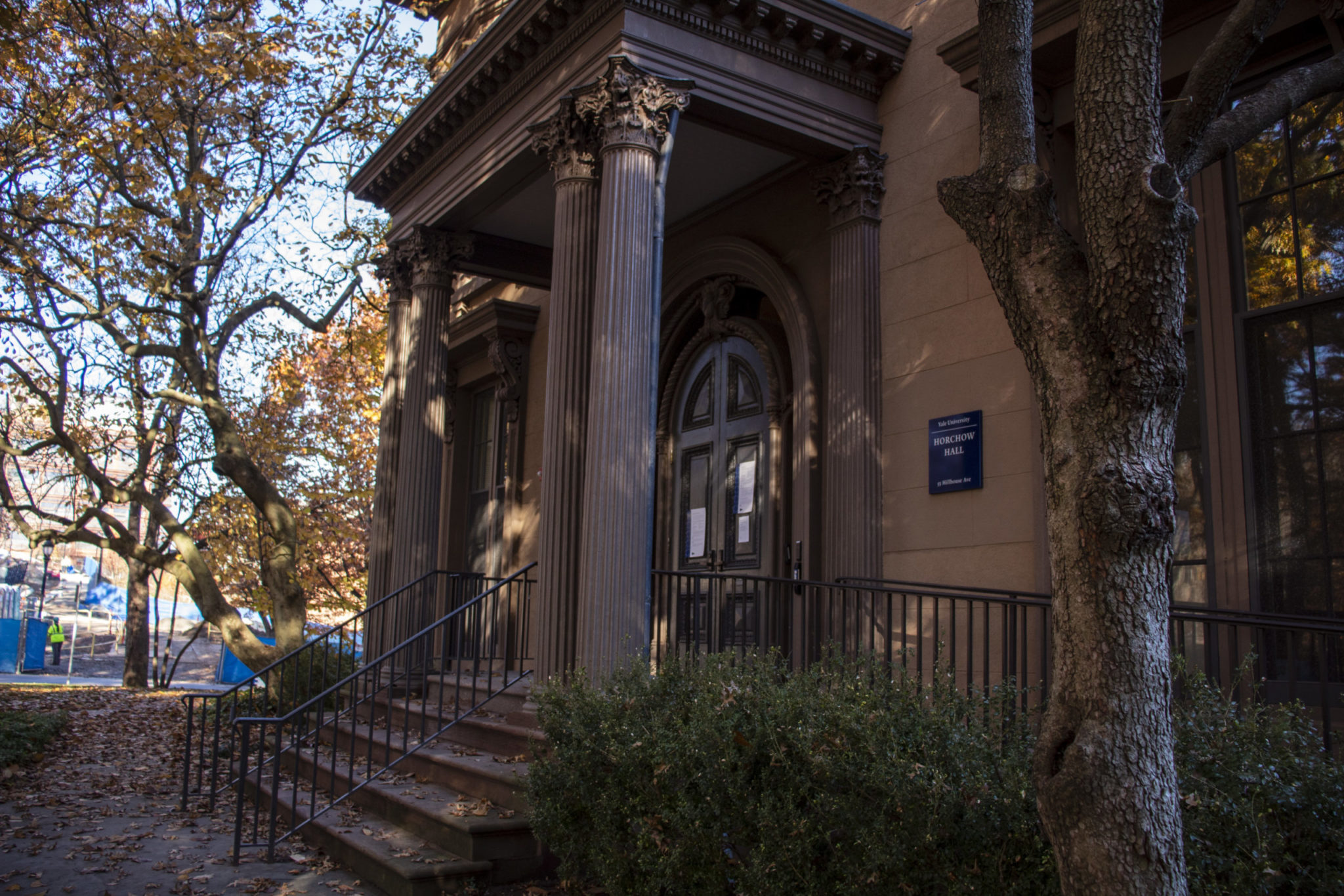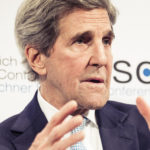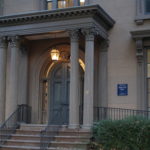
Lily Dorstewitz, Staff Photographer
On Tuesday, the Jackson Institute for Global Affairs hosted the second event in its four-part discussion series on the Kurds, entitled “Kurds in the Middle East.” The event focused on the broader regional power competition and how it relates to the security of the Kurds.
The event, held over Zoom, was moderated by Senior Fellow Emma Sky, who led a discussion between General David Petraeus — former Central Intelligence Agency director, head of U.S. Central Command and current Jackson senior fellow — and Ambassador Dennis Ross, former director of Policy Planning at the State Department and current William Davidson distinguished fellow at the Washington Institute for Near East Policy. Sky and the two men spoke about the threats posed by Iran to regional stability, the important role that the Saudis play, and what the new administration’s policy towards Iran and Saudi Arabia ought to be. “Our two speakers today are the stuff of legends,” Sky said when introducing Petraeus and Ross.
“[The Kurds] are in a very very tough neighborhood and in a very difficult situation, and actually it’s quite impressive, it’s down right miraculous, to see how well they have done in so many different respects, not just in building an economy and modern infrastructure, but in education as well, despite these enormous challenges with which they have had to contend,” Petraeus said.
The talk began by exploring the question of Iran and what the United States policy towards Iran should be, regarding both its nuclear program and its malignant behavior in the region.
“Iran is the definition of a revolutionary power,” Petraeus said. “It is dissatisfied with the status quo and it wants to make changes to it,”
He argued that Iran, founded — in his eyes — on the principles of “death to America” and “death to Israel,” is bent on changing the status quo and causing trouble beyond as well. Petraeus said, however, that it is more important to Iran to ensure that it solidifies its control over the Shia Crescent, the area stretching through Iraq, Syria and Lebanon, than to focus on the United States or Israel.
To that end, Petraeus argued that the Iranians would like to “Lebanonize” that region, meaning leveraging political, economic and social pressures in order to be able to exert significant influence in those countries as it has been able to do in Lebanon through Hezbollah. Part of this process, Petraeus noted, is seizing control of parts of Iraq, which would jeopardize the security of the Kurds.
Ross then addressed the question of American foreign policy directed at Iran. Sky said that the Trump administration’s policy of “maximum pressure” had proved unsuccessful and that the Iranians had continued to develop their nuclear weapons capabilities and exert influence throughout the region.
“They are not going to change their stripes, they are not going to change what they believe, they are not going to change who they are, but they will adjust their behavior and tactical adjustments can have strategic consequences,” Ross said.
What the U.S. saw under the previous administration, according to Ross, was maximum economic pressure, but it was not matched by maximum political pressure — an opportunity to come to the table and negotiate. He drew on a number of historical examples to demonstrate how the Iranians have been willing to negotiate when the right amount of pressure is placed on them, and they are provided a reasonable political way out.
“Maximum pressure can work, but it has to be part of a strategy,” Ross said.
The discussion then turned to Saudi Arabia, its policies in the region and how the Biden administration should engage with the Saudis. Petraeus explained that the Saudis have deployed a comprehensive approach to their relationship with regional partners, deploying military, diplomatic, informational and economic tools. Traditionally, Saudi policy has been directed at securing the allegiance of countries that oppose Iran and propping up those vulnerable countries in an effort to stop them from falling under Iran’s influence.
Ross noted that while Biden was campaigning, he “adopted a very clear position that was critical of Saudi Arabia and also made it clear that there wouldn’t be the same kind of blank check under a Biden Administration as there was under the Trump administration.” In reality, the relationship is more nuanced: the Biden Administration released the official report on Saudi government’s responsibility for the murder of journalist Jamal Kashoggi in Istanbul but chose not to punish them to any significant degree, Ross said.
Ross argued that part of the complexity stems from the fact that the Saudis are integral to a number of United States policies in the region, including counter-terrorism, the transition to renewable energy, countering Iranian influence, and supporting peace between Arab states and Israel.
Petraeus further explored how this regional competition will affect the Kurds, saying that it “makes them very anxious and this anxiety is well founded.”
“The Kurds are more than a bit between a rock and a hard spot,” Petraeus said. “They are surrounded by countries that are both rivals and in various ways have different relationships with the Kurds. At the very least, they are dependent on these different countries for trade, lines of communication … [and] to a degree, security.”
Petraeus noted that one of the most significant problems facing the Kurds is that they are dependent for financial support on either the country they are in, allied neighbors or outside supporters.
Ross concluded by echoing the sentiments of Thomas Kaplan and Bernard Henry Levy from the first installment of the series, arguing that the Kurds’ investment in human capital and prioritization of economic progress and modernization makes them a model for their neighbors.
The next installment of the series will be held on Tuesday, April 27.
Philip Mousavizadeh| philip.mousavizadeh@yale.edu










